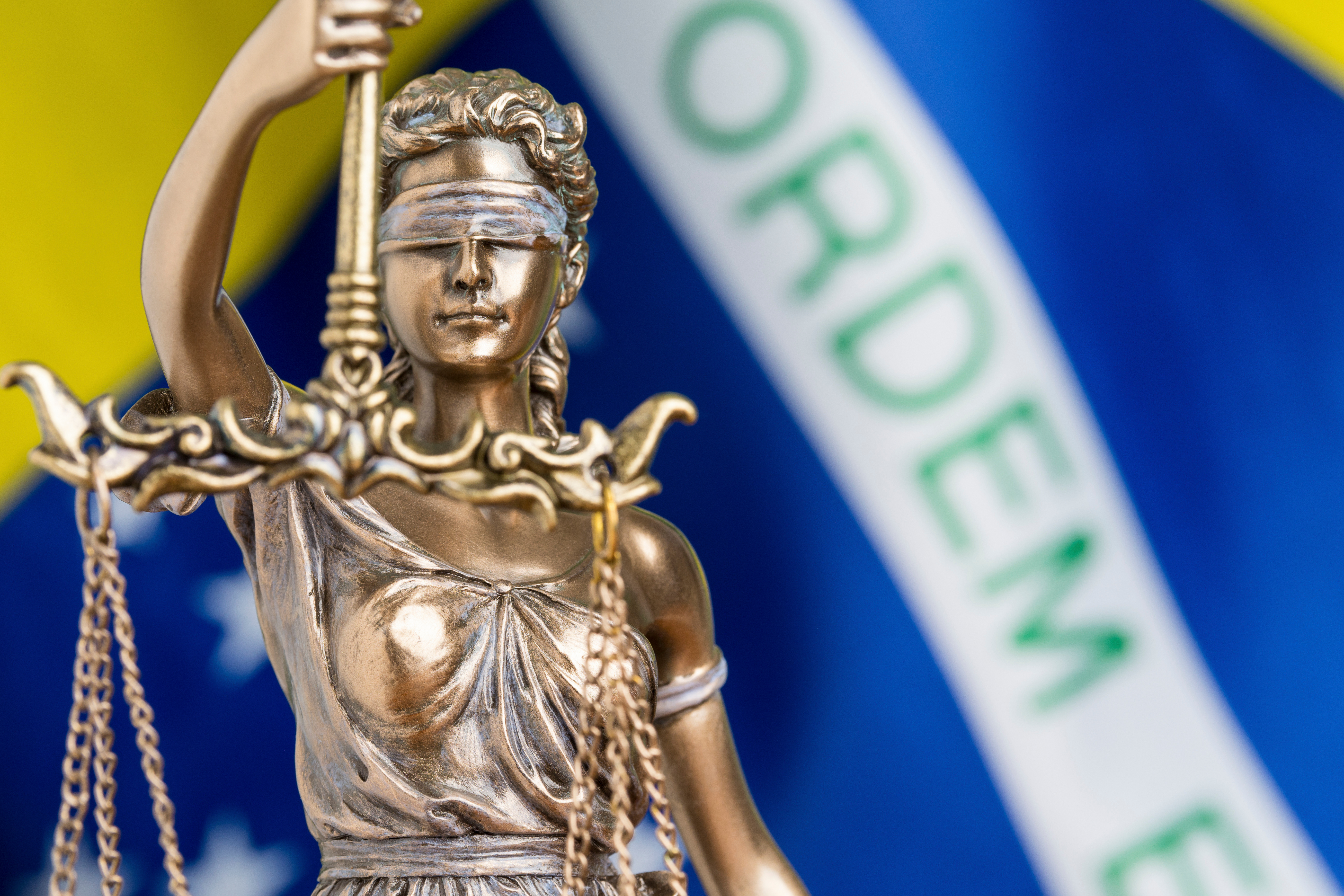Brazilian Court Grants Bank Right to Inspect Debtor’s Crypto Wallets

A court in Brazil has ruled that a major commercial bank is allowed to inspect one of its debtors’ crypto wallets – and has stated that crypto has “monetary properties.”
According to the media outlet Consultor Jurídico, a branch of the Justice Court of São Paulo State (known locally as TJ-SP) granted a special legal request from Banco Safra, one of the nation’s biggest and busiest banks. The bank had asked the court to let it search a debtor’s crypto wallets to see if they had tokens that could be liquidated.
The TJ-SP’s Chamber of Private Law met to consider the case after hearing that an unnamed debtor had defaulted on payments worth around $289,000.
The bank had failed to convince the TJ-SP in a first legal bid, with the presiding judge at the time stating that it was not up to the court to permit the “indiscriminate and uncertain search of seizable goods.”
But a panel of justices voted unanimously in favor of Banco Safra at a second hearing. The presiding judge, César Zalaf, was quoted as stating that the fact that there “was no evidence to suggest that the defendant even owns cryptoassets” should not be an obstacle for the bank should it wish to carry out a search of wallets.
Moreover, the judge added, banks should not need to provide courts with proof that their debtors own crypto – as allowing them to search wallets would allow them to establish this fact.
Crypto Has ‘Monetary’ Properties, Court Rules
Judge Zelaf also added that crypto’s monetary properties meant that tokens should be subject to the same kind of rules that govern other assets in debt retrieval-related cases.
Zelaf was quoted as explaining:
“Cryptoassets are movable assets with a specific function as a means of payment – that is, they have a monetary function.”
The court also ruled that in such cases, banks must pay for searches to be carried out at their own expense. The court stated that the bank would need to pay for any tools or services it required in order to conduct its searches.
Police in the nation have been stepping up their scrutiny of crypto fraudsters of late, while regulators say they want more power over the sector.




